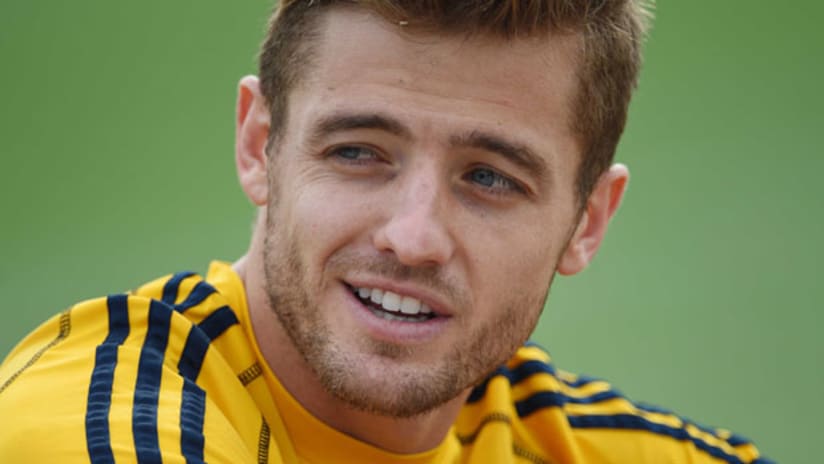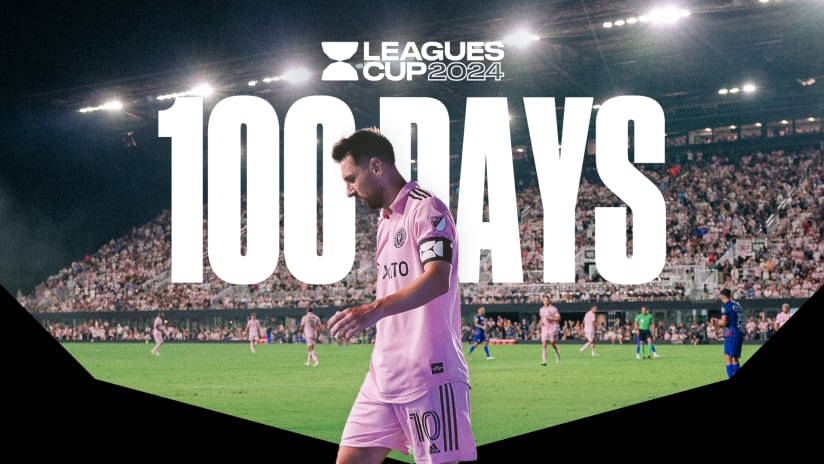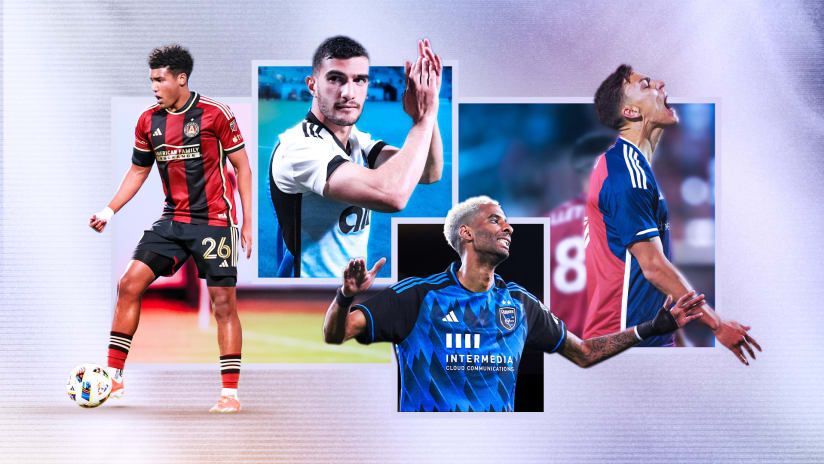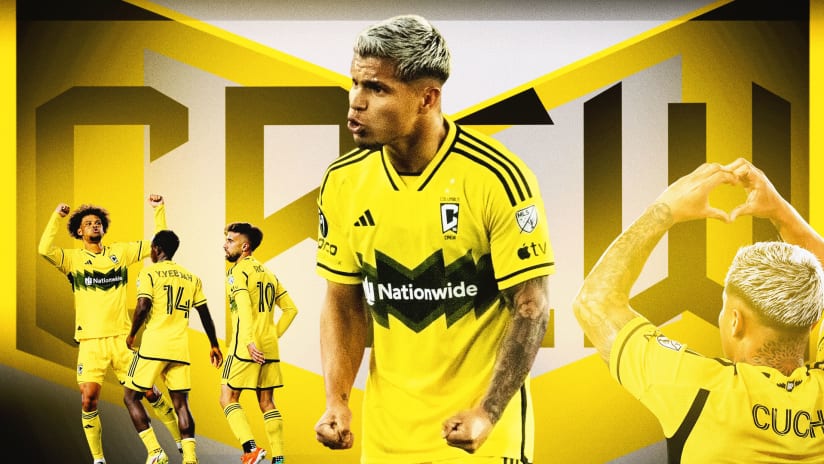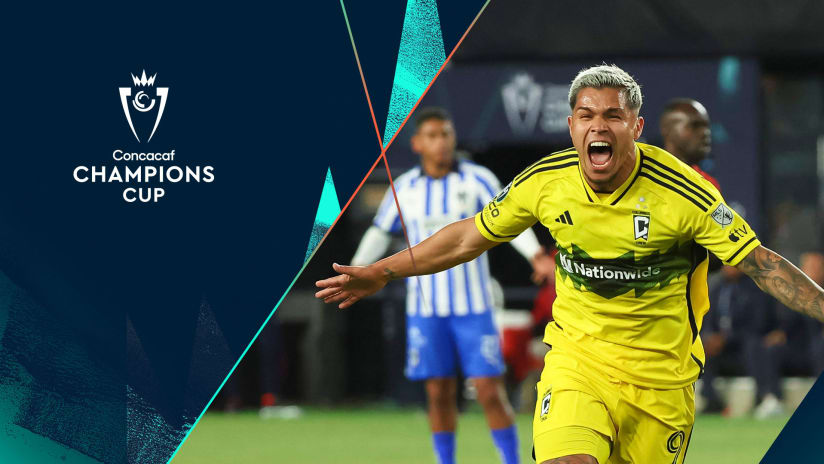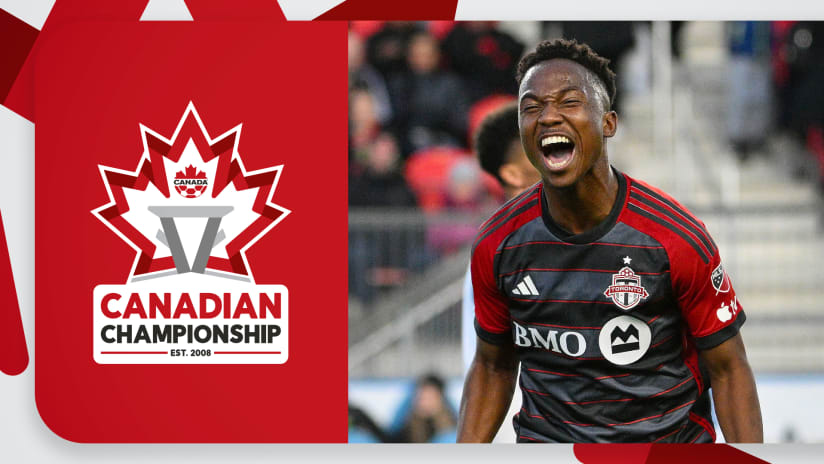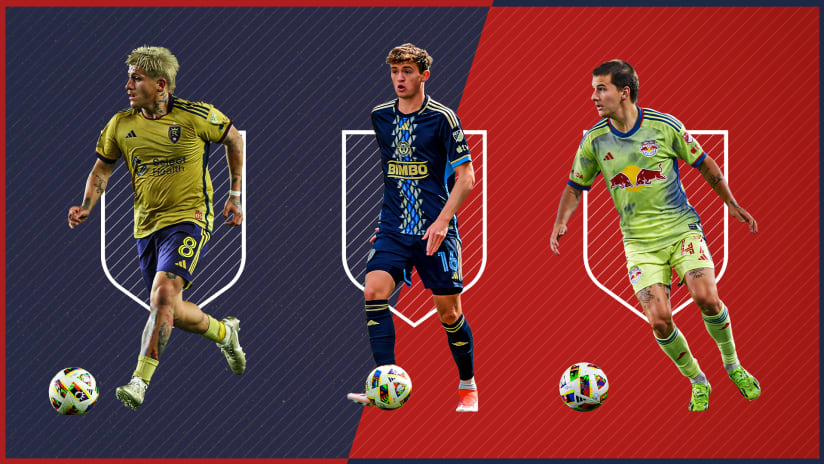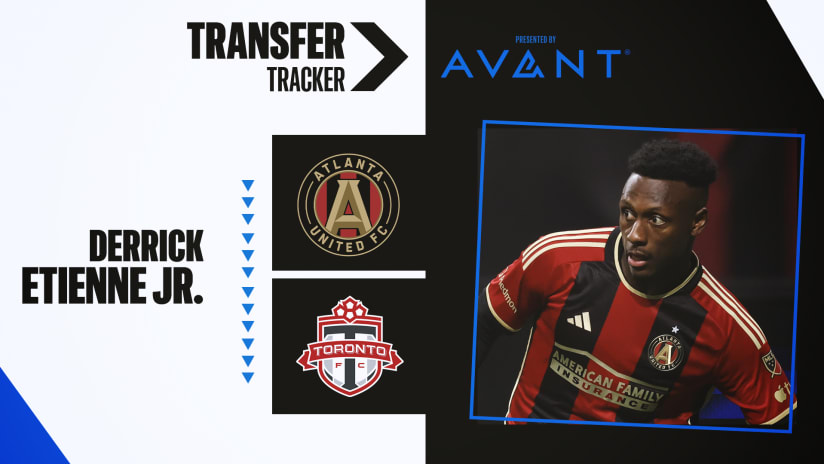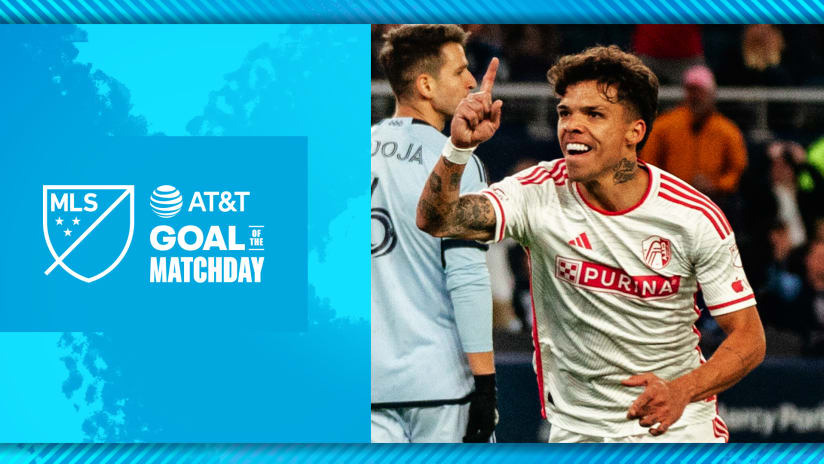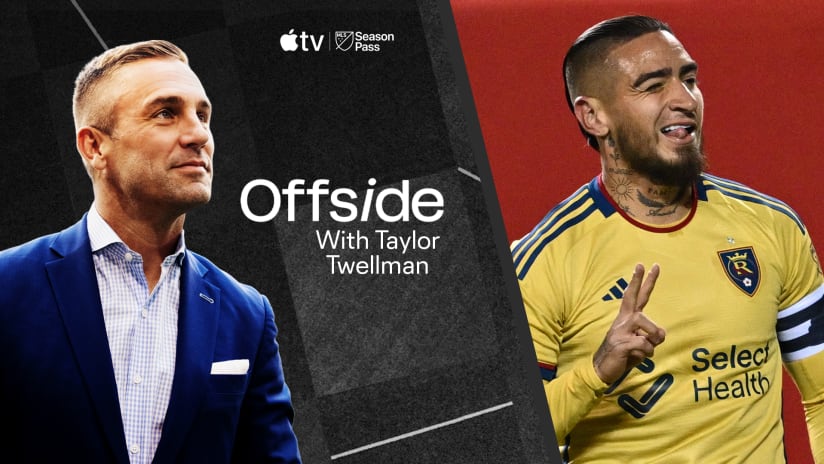MANHATTAN BEACH, Calif. – Jurgen Klinsmann served as something of a mentor for Robbie Rogers during his formative years, so it may come as a surprise to some that the US national team coach never contacted the LA Galaxy defender when he revealed he was gay nearly two years ago.
But Rogers said he bears no ill will toward Klinsmann and hopes to have a “life conversation” with the German legend someday.
Rogers, speaking at MLS’s media day Tuesday morning at the Manhattan Beach Marriott, said he still hasn't spoken with Klinsmann since coming out, and doesn't know what the US coach thinks of him.
“When I was coming out, I came out to a very small group of people: my family and then some of my [former] teammates,” Rogers said. “Jurgen was one of the guys I tried to get in contact with – email, messages, stuff like that – and I haven't heard from him.
“I don't know how he feels about me as a soccer player. I don't know how he feels about the whole situation, but I'm sure down the road I'll speak with him.”
Rogers wasn't included on Klinsmann's roster for the national team's January camp after a breakthrough season at left back with the LA Galaxy – Klinsmann last week said he would have called Rogers in if he hadn't devoted so many roster slots to develop potential Olympians – and believes it's important to hold a deeper dialogue with Klinsmann.
“I've known him since I was 12, 13 years old,” Rogers said. “So I think him and I need to have that conversation – a life conversation, if he's interested. I think that's more important to me than playing with the national team.
“My coming out was very personal, and I was in a really dark place in my life where I was really struggling. You know, Jurgen wrote my letter to Leeds [United in 2012], for me to get my work permit. He was one of the guys who spoke to my mom about whether I should go to [US Under-17] residency or not. He used to drive me to Galaxy training when I was younger, so he's great, helped me throughout my career. So I think I need to have that conversation.”
Rogers was asked if it was hurtful that Klinsmann didn't respond to his messages.
“No,” he replied. “To be honest, I was in a place in my life where so much stuff was going on and had so many people who were so supportive, and it was a whirlwind – coming out, all this crazy media stuff, going back [to the game]. It was absolutely insane. So I had prepared myself for the worst. ... Whether someone didn't get in contact with me or someone had a negative reaction of whatever, I just prepared myself for that kind of stuff and somehow tried to create this hard shell around myself to protect myself. So wasn't surprised. I hope one day to have that conversation with him, but we'll see.”
Rogers, a 2008 Olympian who made 18 appearances for the national team in 2009-11 and was on Bob Bradley's 30-man preliminary roster before the 2010 World Cup, said he still has work to do to reach an international standard as a left back but feels he deserves a shot.
“I've proven to myself, I think, I can really contribute to our national team and the way that we play,” he said. “I watched the World Cup. I saw the way Jurgen wants his outside backs to play, so I think that actually suits me pretty well.”
Rogers also discussed his desire for FIFA to do more in support of gay athletes and said he’s surprised nobody else in MLS has come out.
“I'm disappointed in MLS there aren't any,” Rogers said. “I know there are gay athletes in MLS, and I'm surprised from the response and reaction I've had from fans and from [the media] and from teammates that guys don't feel comfortable to come out. It reminds me of where I was a few years ago and how hard it is for me and the culture and the landscape that when everyday I went into the locker room and I would hear the most homophobic, ridiculous things.
“Not saying that stuff's happening in MLS locker rooms, but I'm sure it happens more so than in, let's say, the Galaxy [locker room].”
Rogers said the Galaxy locker room has been a very accepting place but that elsewhere in the game that isn’t necessarily the case.
“I have friends who play in Europe, and when I talk to them about their experiences and what's going on in locker rooms, they say, 'Yeah, I still hear things,'” Rogers said. “So I know the culture still needs to change, and it's changing very slowly. So I get frustrated a little bit because, especially when I first came back [to soccer], I didn't want to be one of the only gay athletes, or at least not in soccer, and always have to answer these questions. But this year I kind of found peace with it, and I think that goes back to not really consciously thinking of myself as a gay athlete, but just an athlete here that is different, just like all the other guys are all different, all different backgrounds, religions, races, whatever.”
- Get the latest Galaxy news at LAGalaxy.com
He'd like to see FIFA be more proactive in advancing the culture, especially with the next two World Cups – 2018 in Russia and 2022 in Qatar – being held in countries known for poor treatment of homosexuals.
“If you read [FIFA’s] mission statement on their website, it talks about using football to promote education and human rights and a ton of different things,” Rogers said. “So then to have the World Cups in countries that don't support human rights and, especially, the LGBT community, of course that crosses my mind.
“My thought is, and people ask me about the [2014 Sochi] Olympics in Russia, I don't think boycotting something is the way to go. I've learned from my experience that being present and being in the locker room is what really teaches people and creates an environment that is sensitive and aware of what's really going on.”
Rogers said it's time to discuss the 2018 and 2022 World Cups and gay rights in Russia and Qatar.
“I think now we should bring up the topic and we should speak to FIFA about creating the guideline of what a country needs to have in order to have a World Cup,” he said. “... There will be gay athletes at both World Cups, and FIFA needs to protect those athletes, and FIFA needs to create an environment where those athletes feel like they can be themselves and be out.
“Because if they don't, if they just host these World Cups in countries that are homophobic, what kind of message is that sending to young soccer players? As a 14-year-old, without them saying anything, they just host a World Cup there – what kind of message does that send?”

